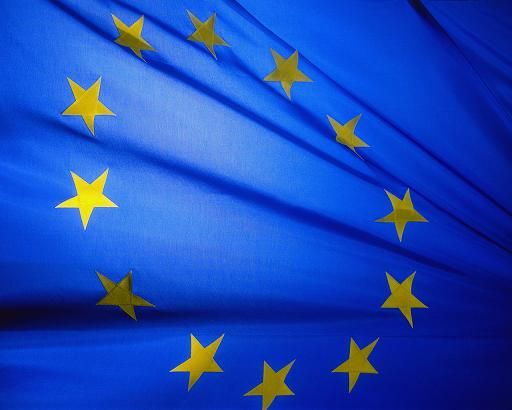
Nezavisne novine: One year after signing the Interim Stabilization and Association Agreement (SAA) with the EU the governments in BiH have mostly fulfilled a trading part of this agreement and have abolished or reduced the custom rates, while harmonization of BiH legislation with the EU does not really go by the planned dynamics, has been said by the authorized.
Halid Genjac, chairman of the Joint Commission for European Integrations of the Parliamentary Assembly of BiH, says that in the Interim SAA, which is currently being implemented in BiH, there is a chapter related to preparations of BiH for undertaking of European legislation, but those preparations do not go well.
"The Interim SAA is mostly related to trade and majority of things have been implemented and respected. Part of the agreement related to harmonization of legislation with the EU does not go well and around 50% of things have not been fulfilled, and it is mostly related to institutional and staff problems we face, but the omissions have not been recovered yet", has been said by Genjac.
He points out that the Commission for European Integrations has deliberated implementation of agreement and that the frame elements are generally being implemented, and that a positive grade can be given to already implemented activities.
The SAA consists of ten chapters, as are general principles, political dialog, regional cooperation, free moving of commodities and workers, business residing, service providing, paying and moving of capital, harmonization and implementation of rights and principles of competence, jurisdiction and internal affairs, cooperation in politics and finances, and at the end institutional, general and final regulations. The SAA will inure after ratification in the European Parliament and legislative authorities of 27 Member States, and in our country this agreement is currently being implemented, and it is encompassing the trading part of the whole SAA.
Dženana Hodžić, chief of the Department for coordination of process of stabilization and association in the Directorate for European Integrations, says that harmonization of legislation is the basis of our progressing towards the EU.
"We must work systematically on harmonization of laws with the EU, and especially in the segment related to agriculture. It is a very important process, especially when considering the specifics of BiH and its division of government through municipalities, cantons, entities and state", Hodžić has said.
She points out that the European Commission is being constantly involved in the activities of implementing the SAA, and it constantly points out that it should be worked on coordination of all institutions included in implementation of the SAA.
"The European Commission in BiH will in October present its annual report and then we will see what it is we have done and what is the condition related to fulfilling of conditions of the SAA", has been pointed out by Hodžić.
In the process of implementing the SAA, BiH must insert into its legislation around 1.200 European directives.
"We must harmonize our legal system with the law, which has been developed for years in the EU, and that is not an easy thing to do. Many things have already been done in the sphere of trade, but there is much more to do", she has said.
Srđan Mazalica, delegate in the National Assembly of the RS and a member of the board of the Assembly of the RS for European Integrations and Regional Cooperation, says that there is a progress in the RS when speaking of harmonization of legislation with the EU, but that there are also big problems because the FBiH refuses the right of the RS over the obligations which come from the SAA.
"Non-functioning of the Directorate for European Integrations is a huge break of the FBiH in harmonization of legal norms with the EU. When speaking of that in the RS, there is some kind of control and majority of laws which are being adopted are in accordance to the EU, in order for us not to repeat it all later", Mazalica has said.
